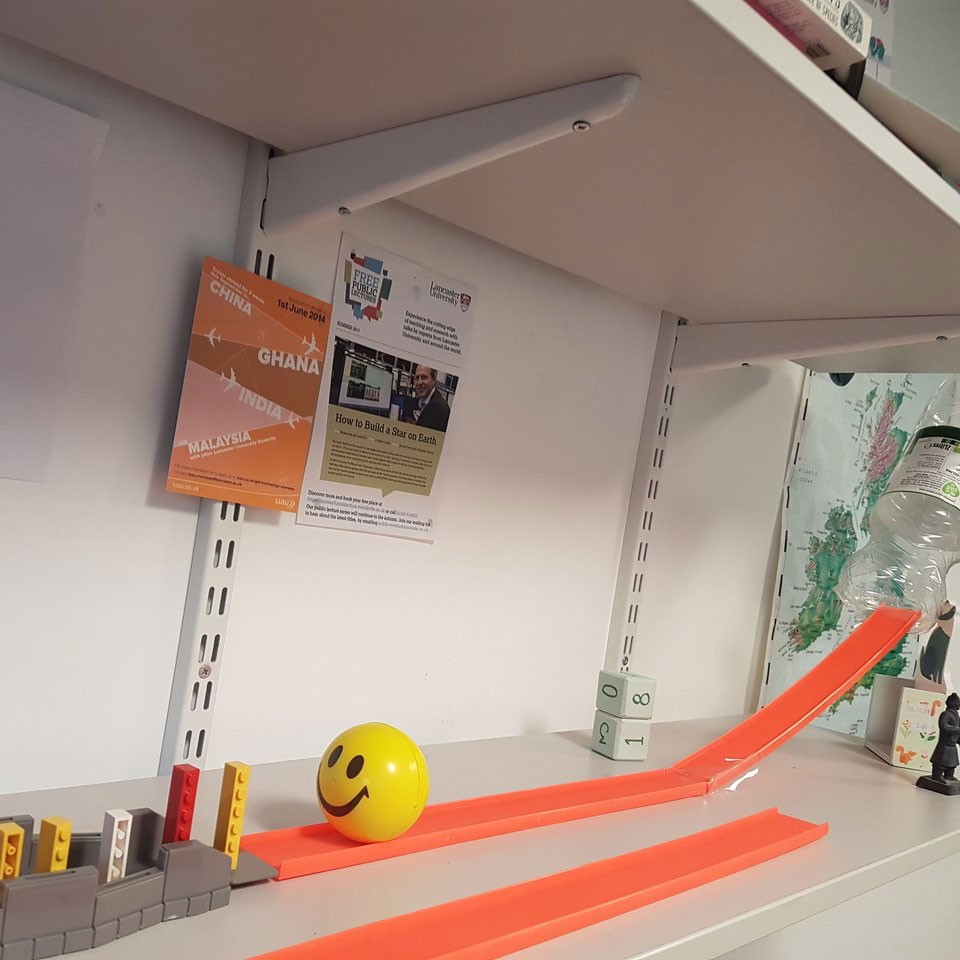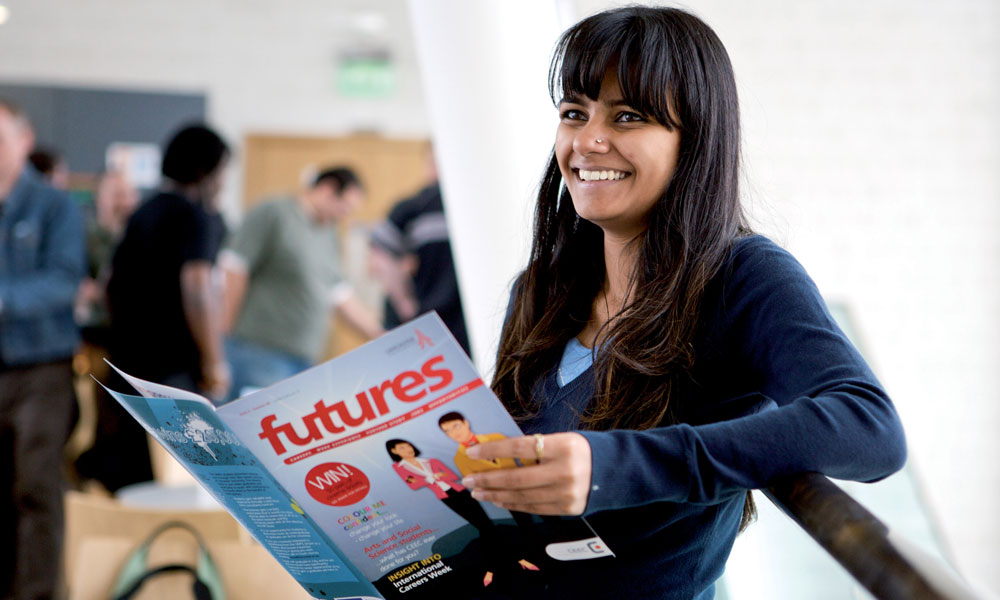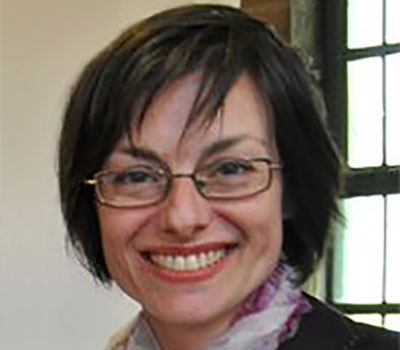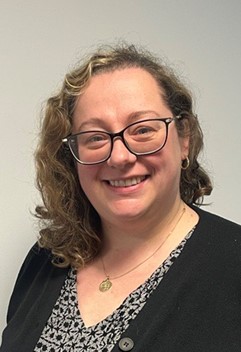Studying in PPR – student life and support
University life is more than just what goes on in lecture theatres and seminar rooms. We want all students in Politics, Philosophy & Religion to have a rich and rewarding experience. And we’re keen to support students through any bumps in the road that they encounter along the way.
Meet our Part I Co-ordinator

Support and Student Wellbeing
The University offers a wide range of support services, and your College will often be an important source of support, too.
In the Department, we know that sometimes a friendly face is the most important thing, and that it can be hard to know where to turn when things aren’t going as you hope. As well as our Katherine and Clare, our Part I and Part II Co-ordinators, you can always reach out to members of academic staff, including your Academic Tutor.
Your tutor is a lecturer or professor who’ll stay with you across your studies. Students meet with their tutor each term, to discuss academic progress, module choices, coursework marks, exam preparation, and career plans. Tutors often provide references on graduation, and we also encourage students to use their tutor as an extra sounding-board, for example, if they have difficulties or aren’t sure about the support available.
Student Activities in PPR
There are lots of activities and initiatives in the department – some social, some more academic.
Student Societies
The student Politics Society and Philosophy Society have flourished in the past few years. Run by students – but supported by academic staff – these societies organise a wide range of events: talks, debates, socials, quizzes, study sessions open to all students in the department and beyond. The societies have elected student Committees – students organise and shape all their activities. In addition, we have a student-run journal, Ethica, which you can get involved in if your interests go in the direction of ethics and philosophy.
Student Representatives
Students play a key role in department decision-making. Every year, our students elect Academic Representatives to represent the major undergraduate subject areas of Politics, International Relations, and Philosophy, for each year of study. We also have dedicated BAME student reps. The reps convey student views to the termly Staff-Student Consultation Meeting, and take part in our Departmental Meetings and Teaching Committee. This also gives our reps a valuable experience of working in governance and committee structures!
Departmental Socials
Students organise departmental socials and parties, often with contributions from academic staff. Quizzes, music, food and drinks (alcoholic and non-alcoholic!) – there are lots of chances to socialise outside of the classroom. Our Student Societies also organise annual balls and many other social events.
Internships
The Department of Politics, Philosophy and Religion is home to the Richardson Institute, which undertakes cutting-edge research in peace and conflict. Each year the Institute offers around 60 internships to students to undertake research projects for external organisations – themes have included sectarianism, identity and belonging, environmental issues, and urban politics. The Faculty of Arts and Social Sciences also hosts an internship programme for all our students, whatever their degree.

Careers and Employability
Recent PPR graduates have pursued a range of careers in different sectors: from the civil service, diplomacy, journalism, and the charity sector, to financial services, marketing, and accounting. A PPR degree can help set you apart from other graduates on the job market.
Careers and employability


